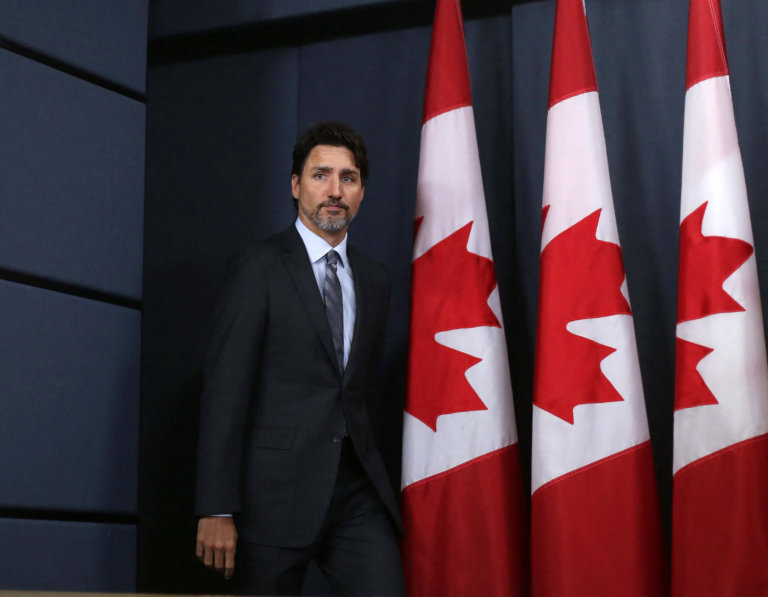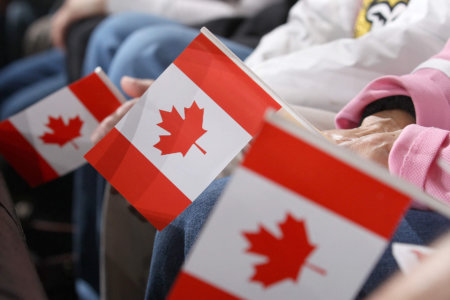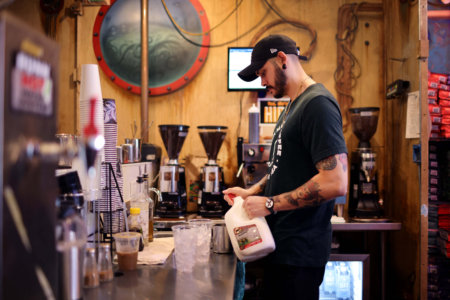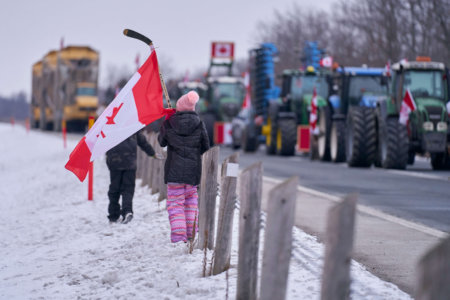
So you’ve completed your studies in Canada after years of hard work — now what? Like many other international students who favour the country as a top study destination, you might have been motivated by its friendly immigration policies that allow you to stay in Canada and find employment opportunities to kickstart your career.
The problem is, you need a different visa to stay, and getting that could take a while.
According to the Immigration, Refugees and Citizenship Canada (IRCC), the country currently has a massive backlog of 1.8 million immigration applications, causing months to years of delay for many who are now weary of the limbo over their immigration status.
“The system doesn’t even give us an option to sit on hold, it just hangs up on us … We’re being ghosted. This is the essence of being ghosted. I’m incredibly frustrated. It’s incredibly anxiety-producing.” #Backlog #blackout #immigration #canadahttps://t.co/cRLGj9gVH6
— Nicholas Keung 姜巧樂 (@nkeung) February 19, 2022
“We were living a comfortable life [in India]. It was my decision to go to Canada for a better life,” Deepak Talwar was quoted saying to CBC News. Talwar had sold everything in his home country and immigrated to Saskatoon, operating a small business in the city. In January 2020, he applied for permanent residency for himself and his family through the Provincial Nominee Programme (PNP), but has received no progress so far.
“Now, I can’t sleep at night. I get up at three o’clock, thinking about what will happen,” he added.
Talwar’s reality is shared by many who are becoming increasingly disillusioned over their chances to stay in Canada. As it stands, the IRCC backlog records around 448,000 citizenship applications, 519,030 permanent residency applications, and 848,598 temporary residency applications, with many questioning
Backlog of applications could hurt international students’ chances to stay in Canada
While the strain placed on IRCC’s system isn’t likely to affect the odds of getting a study permit to study in the country, it could pose a significant problem for graduates wishing to stay in Canada. Those with post-graduation work permits (PGWP) that are expiring soon could lose their right to work, unless they acquire a new work permit or permanent residency status.
Speaking to The Current at CBC News, the Minister of Immigration, Refugees and Citizenship of Canada, Sean Fraser, attributed the backlog issue to skyrocketing application numbers and operational delays caused by the pandemic.
Fraser also assured that he has his “full attention” devoted to addressing the backlogs and creating a more “nimble” system in a separate announcement to the Toronto Star. “We are in a race for global talent. But there’s also no question in my mind that we are winning the race for global talent,” he adds, fearing that the backlogs would deter skilled immigrants from coming to the country.
On Feb. 14, the government issued a statement announcing a new strategy under the Immigration Levels Plan 2022-24 to admit 431,645 permanent residents this year. Critics have cautioned the government to exercise prudence in setting such an ambitious target when millions are still uncertain about their immigration status.
“Canada loses credibility when it tells global talent it is open for business but then shuts the door abruptly on them,” the Canadian Immigration Lawyers Association (CILA) remarked in a statement. The organisation believes that IRCC should use this year to direct its focus on reducing backlogs and invest in changes that will improve processing times moving forward.
A brief review of the impact Canada’s current immigration backlog is having on Canadian immigration https://t.co/5jzpswW4YO
— CILA: Canadian Immigration Lawyers Association (@CILAvoice) February 17, 2022
Current numbers are still on international students’ side. Statistics Canada reported that three out of 10 overseas students who first entered Canada after 2000 became PRs within a decade since their study permit was first issued.
However, the bottleneck processing of current applications, on top of plans to welcome record-high newcomers in the next coming years, could rob the opportunity of international graduates to stay in Canada.
“The pause in [the] Canadian Experience Class invitations since September 2021 is creating significant hardship for thousands of international students and temporary foreign workers who have spent years contributing to Canada’s economy and society, and who now have fewer permanent residence spots available to them,” CILA warns in an updated statement.










